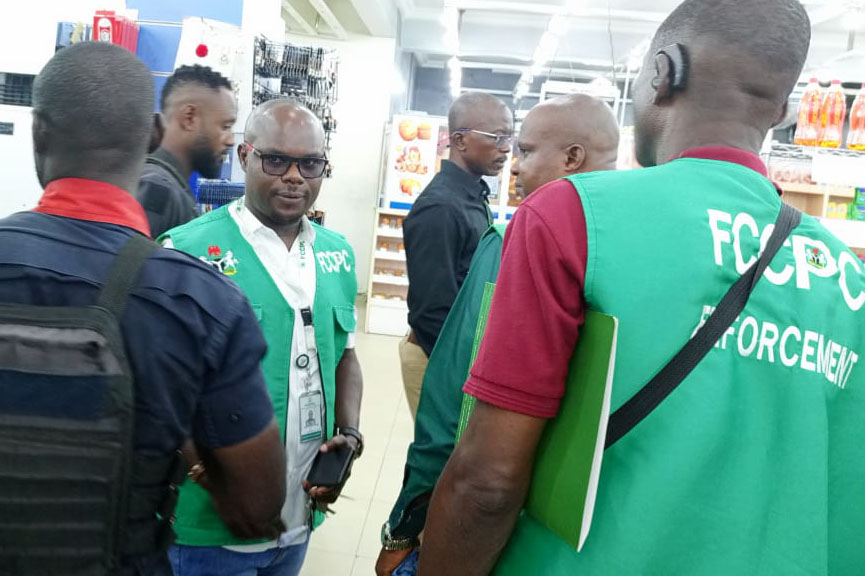
Asclepius Consulting Ltd has joined other countries and organisations all around the globe to mark World Malaria Day.
The theme for 2023 is “Time to deliver zero malaria: invest, innovate, implement,” with a particular focus on the implementation of strategies to reach marginalised communities.
In a statement by Dr Tosin Longe, Manager, Health & Wellness, Asclepius Consulting, the African Region bears a high percentage of the global malaria burden, with Nigeria having the highest burden in the world. Last year, the African region was where most of all malaria cases and deaths happened, with children under the age of five are mostly affected. Four African countries, including Nigeria, accounted for over half of all malaria deaths worldwide.
Dr Longe stated that in Nigeria, malaria remains a significant public health challenge with millions of cases cases and thousands of deaths annually. Although progress has been made in reducing the burden of this disease, a lot of work still needs to be done to eliminate it.
He said, “Malaria is a disease transmitted through the bites of infected anopheles mosquitoes. The disease affects everyone of all ages but largely children under the age of five and pregnant women, with severe cases leading to death. In Nigeria, government at all levels and various non-governmental organisations have made efforts to tackle malaria, including the distribution of insecticide-treated bed nets, indoor residual spraying, and improved access to effective antimalarial drugs. However, these interventions face significant challenges, including inadequate funding, weak health systems, and resistance to antimalarial and insecticides.
“A lot of international donors have increased their support for malaria control programmes in many countries, including Nigeria. However, funding for malaria control is not enough to meet global targets for its elimination. Thus, there is a need for more investment in malaria control and research, with a focus on increasing domestic financing for malaria programmes and reducing dependence on international donors. With Nigeria having the highest cases of malaria in the world the government must prioritise funding for malaria programmes and work sustainable financing mechanisms. This will ensure that malaria interventions are adequately funded and implemented, reducing the burden of the disease on the most vulnerable communities.
“New and recent transformative approaches, such as the development of new antimalarial drugs, insecticides & vaccines and larvae control of the malaria parasite have contributed significantly to reducing the burden of malaria in many parts of the world.
“However, there is still a need for more ways to tackle the remaining challenges in malaria control. This includes the development of new vector control tools, such as long-lasting insecticidal nets that are resistant to insecticide resistance, as well as the use of new diagnostic tools and treatments to improve the accuracy and speed of malaria diagnosis and treatment.”












